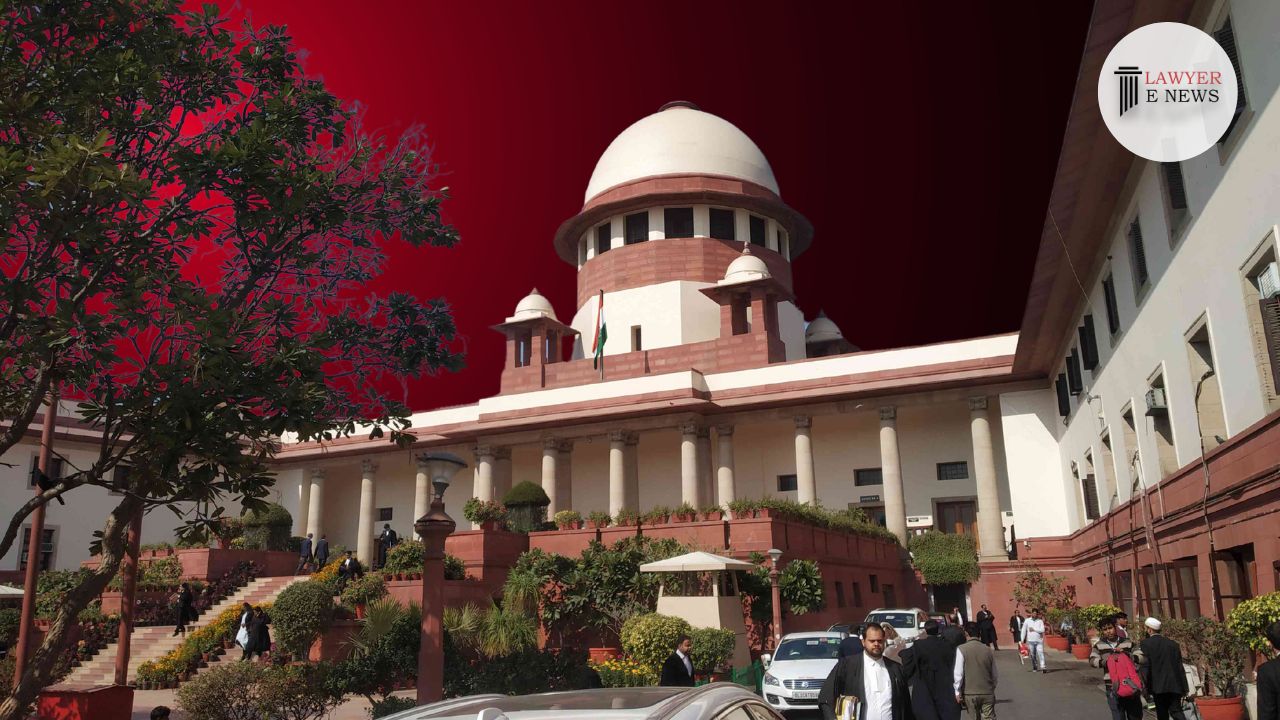-
by Admin
16 February 2026 1:47 PM



The Supreme Court, in a significant judgment, clarified the procedure and jurisdiction regarding curative petitions, emphasizing that the Registrar of the Court does not hold the authority to decline the registration of curative petitions based on the technical ground of absence of specific averments. This decision is pivotal in outlining the judicial nature of curative petitions and the procedural steps involved.
The appeal arose from the Registrar’s refusal to register curative petitions filed by M/S Brahmaputra Concrete Pipe Industries and others, based on the ground that the review petitions were disposed of in open court and not by circulation, contrary to the stipulated requirement. The origin of the dispute dates back to the maintainability of a suit under “The Interest on Delayed Payments to Small Scale and Ancillary Industrial Undertakings Act, 1993,” which was ultimately dismissed by the Supreme Court. The subsequent review petitions were also dismissed post open court hearing.
The Court meticulously analyzed the constitutional provisions, the Supreme Court Rules, 2013, and the precedent set in the case of Rupa Ashok Hurra vs. Ashok Hurra and Another. It highlighted the inherent powers of the Supreme Court under Articles 129 and 142 of the Constitution of India, underscoring that curative jurisdiction is derived from these provisions. The Court observed, “Registry cannot be vested with power to decide whether a review petition, after being dismissed in open Court hearing, merited relook through the curative jurisdiction. As we have already observed, that would be a judicial exercise.”
The judgment also pointed out that the failure to make an averment that the review petition was dismissed by circulation does not automatically render a curative petition non-maintainable. The Court stated, “This is a judicial exercise. That is what in effect flows from the Bench of coordinate strength in its order of 08.02.2016 in the case of Rama Rao Poal (supra).”
The Supreme Court set aside the impugned order of the Registrar, holding it contrary to the provisions of the Rules. However, after perusing the initial order and the review court order, the Court did not find merit in the appellant’s case for invoking curative jurisdiction and refrained from entertaining the curative petitions. The judgment concluded, “We do not think any purpose would be served in sending the matter back to the Chamber Judge for instructions in the given circumstances.”
Date of Decision: 26th February, 2024
M/S Brahmaputra Concrete Pipe Industries Etc. Etc. Vs. The Assam State Electricity Board and Others
